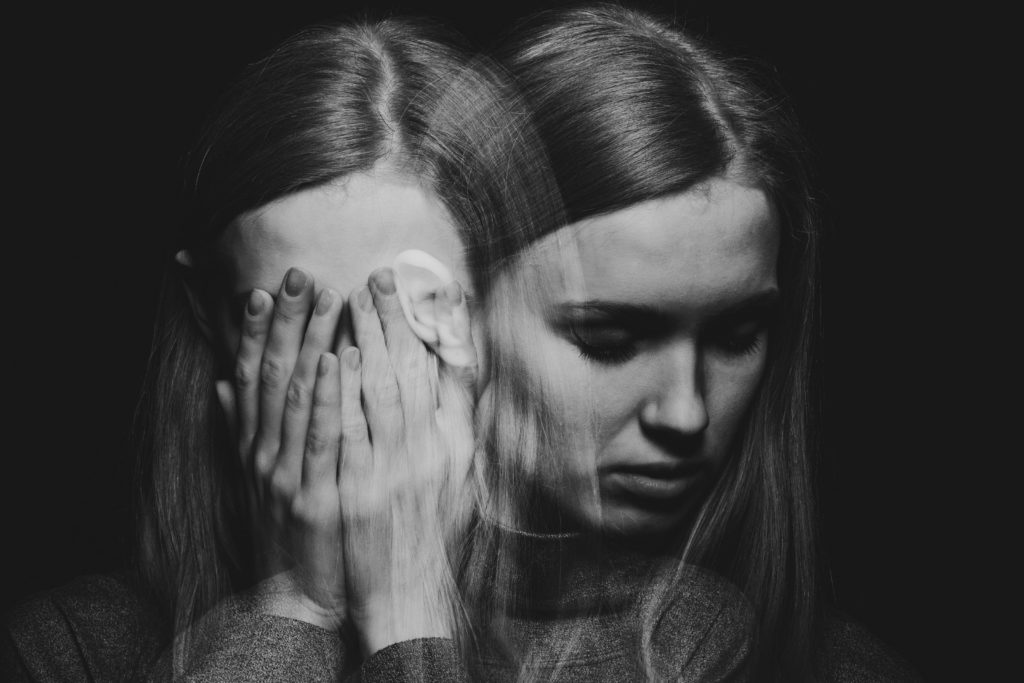
What is Bipolar Disorder?
Bipolar disorder is a mental health condition that affects how people think, feel, and behave. Specifically, it is marked by extreme shifts in mood called manic episodes and depressive episodes. Manic episodes are marked by experiencing emotional highs of mania and hypomania that consist of exacerbated good moods and bursts of energy.
Depressive episodes consist of feeling very down, hopeless, and drained of energy. Depressive episodes are more commonly experienced than manic ones. The amount of time a mood range lasts varies. It can last several hours, days, or months at a time. There are often periods between manic and depressive episodes during which a person feels emotionally leveled out.
According to the National Institute on Mental Health (NIMH), bipolar disorder affects approximately 2.8% of adults in the United States. Despite its frequency, seven out of ten patients with the disorder will be misdiagnosed at least once. Untreated bipolar disorder can negatively impact a person’s relationships, ability to work and attend school, and enjoy daily activities. Bipolar disorder is a lifelong condition but can be capably managed with an effective treatment plan from bipolar treatment centers in Florida.







